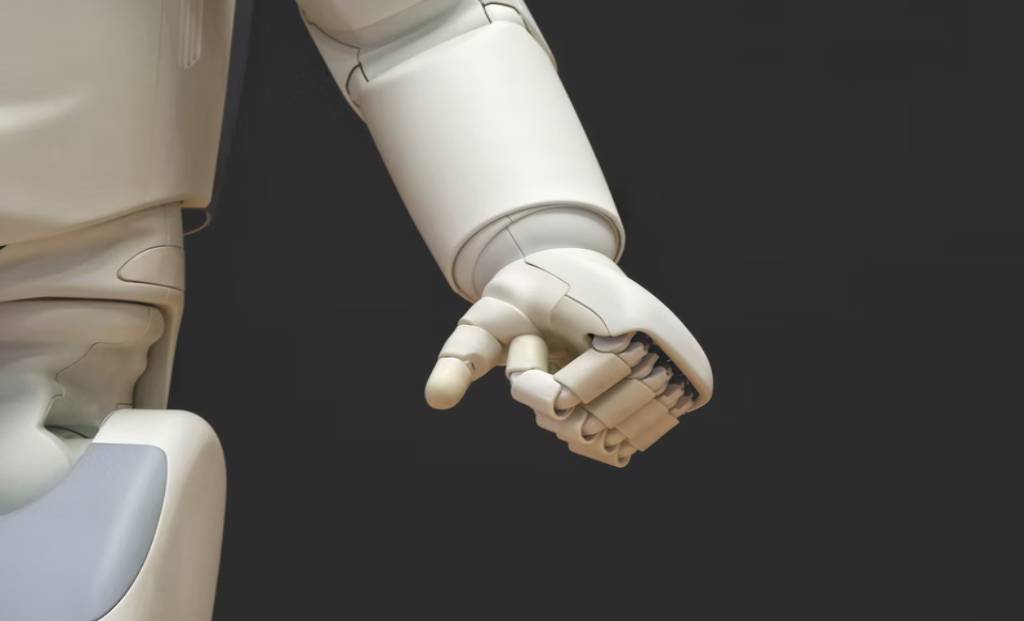Unveiling a New Era of Healthcare Innovation
In an era marked by technological marvels, the integration of humanoid robots into various sectors is reshaping industries and transcending human limitations. Healthcare, in particular, has witnessed a remarkable transformation with the infusion of these advanced robotic entities.
A Vital Role in Healthcare’s Evolution
Humanoid robots are proving to be a pivotal force in revolutionizing healthcare practices. Their ability to perform routine tasks with precision and efficiency is liberating healthcare professionals from mundane responsibilities, enabling them to channel their expertise towards more critical aspects of patient care.
A Beacon of Hope Amidst the Pandemic
The global COVID-19 pandemic magnified the significance of humanoid robots in healthcare. In an environment where close human interaction was fraught with risks, these robots stepped in to assist in tasks like medication and nourishment distribution. This not only safeguarded frontline workers but also showcased the potential of robotics to contribute during crises.
Expanding Frontiers: From India to the World
Beyond national boundaries, humanoid robots are becoming integral to healthcare operations worldwide. Their applications range from performing complex surgeries to maintaining sterile environments through cleaning. These robots are poised to redefine patient care and elevate healthcare standards on a global scale.
Shaping the Future of Healthcare
The development of cutting-edge robots like RIBA with human-like arms highlights the versatility of humanoid robots. They can execute physically demanding tasks that require human touch, guided by innovative tactile sensors. These advancements are not merely adding convenience but also enhancing patient well-being and the efficiency of healthcare delivery.
Empowering Healthcare Professionals for Greater Impact
By delegating routine tasks to humanoid robots, healthcare professionals are unburdened from the monotony of daily chores. This empowerment enables them to focus their energies on complex cases, emergencies, and critical decision-making, thus elevating the overall quality of patient care.











